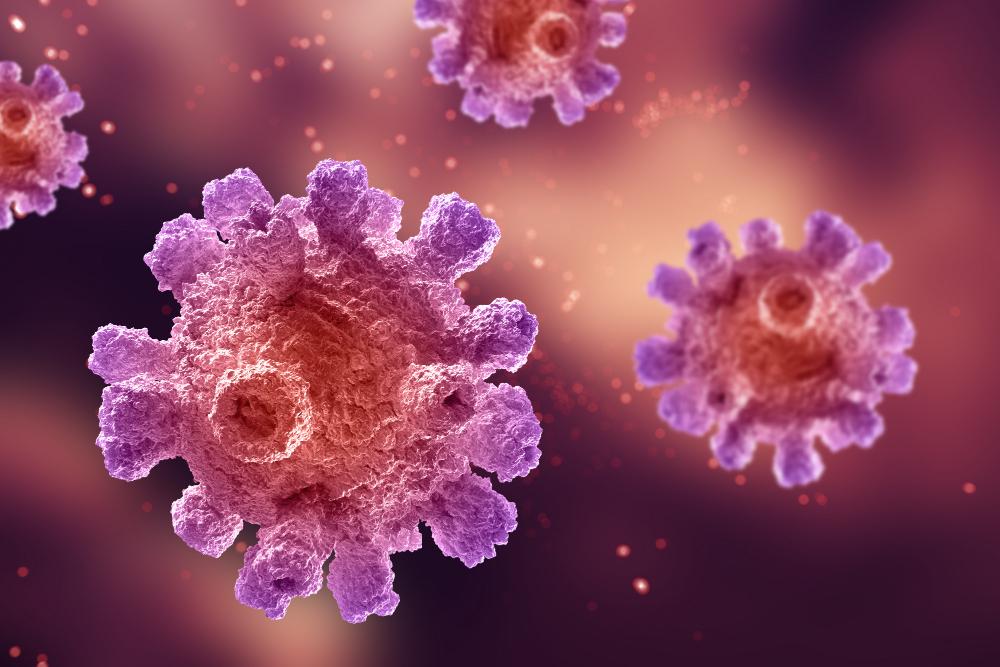
As per several reports, 43 million people were affected with HPV in 2018, making it one of the most common sexually transmitted infections. People in their late teens and early 20s are most prone to this infection. We connected to Dr. Sharda Jain, Obstetrician-Gynaecologist, Life Care Centre to share all about HPV that can help you in preventing you from the same.
HPV stands for Human Papillomavirus, a common virus that infects the skin and mucous membranes. There are more than 100 types of HPV among which some are responsible for causing genital warts and potentially lead to various cancers. HPV is primarily transmitted through skin-to-skin contact, particularly during sexual activity. It can spread through vaginal, anal, or oral sex with an infected person, even if there are no visible symptoms.

HPV can be spread via vaginal, anal or oral sex with the infected person. This is mostly spread during vaginal or anal sex. However, it can also spread through close skin-to-skin touching sex. A person with HPV can pass the infection to someone even when they have no visible symptoms. HPV is a common virus that is passed from one person to another during sex. Most sexually active people will have HPV at some point in their lives and some women will get cervical cancer. This is mostly seen in adolescents & young adults between the ages of 15-25 years.
HPV has several variants among which some might lead to cancer over time. HPV can cause cervical cancer of the vagina, penis, anus and vulva. However, it can lead to back of the throat called oropharyngeal cancer which includes the base of the tongue and tonsils.

Here are how you can prevent yourself from this infection:
HPV vaccines are available and recommended for both males and females before becoming sexually active, typically during adolescence.
Use condoms or dental dams during sexual activity to reduce the risk of transmission.
Cervical cancer screenings, such as Pap smears, are crucial for early detection and intervention.
Both males and females above the age of 9 years should get vaccinated to prevent themselves from HPV and associated cancers. Male partners can also carry HPV and transmit it to their female partner which may later develop into cancer. Currently, two HPV vaccines are available in India. One of which is Cervavac—the first indigenous vaccine against cervical cancer—developed and manufactured by Serum Institute of India.
Your opinion matters to us! Take a moment to fill out our reader survey, it will help us gain a better understanding of your preferences. Click on this link to access the survey.
Image Courtsey: Freepik/Unsplash
Also watch this video
Herzindagi video
Our aim is to provide accurate, safe and expert verified information through our articles and social media handles. The remedies, advice and tips mentioned here are for general information only. Please consult your expert before trying any kind of health, beauty, life hacks or astrology related tips. For any feedback or complaint, contact us at [email protected].